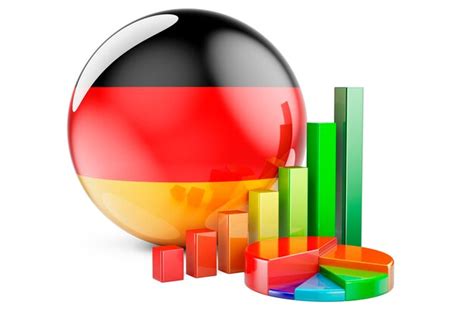Germany, a powerhouse in Europe known for its robust economy, has hit a bump in the road. For the second consecutive year, the country’s economic growth has taken a hit, sending ripples of concern across various sectors and households alike. As elections loom on the horizon, this downturn adds an extra layer of complexity to an already pivotal year.
Economic Downturn
The shrinking of Germany’s economy is not just a blip on the radar; it signifies underlying issues that need attention. The reasons behind this decline are multi-faceted, ranging from global trade uncertainties to domestic challenges within key industries. Such fluctuations can have far-reaching effects beyond financial markets and into the daily lives of citizens.
Impact on Citizens
As Germany navigates these economic challenges, its people feel the effects in different ways. From job security concerns to changes in consumer spending habits, individuals are forced to adapt to uncertain times. This economic slowdown may influence everything from household budgets to long-term financial planning, leading to a sense of unease among many.
Expert Analysis
Insights from economic experts shed light on the intricacies of Germany’s current situation. While some point to external factors such as global trade tensions impacting export-dependent industries, others highlight internal hurdles like adapting to evolving technologies and shifting market demands. Understanding these dynamics is crucial in formulating effective strategies for recovery.
Political Landscape
Against this backdrop of economic challenges lies an upcoming election—an event that adds another layer of complexity to an already delicate situation. Political parties must navigate these turbulent waters while addressing voter concerns about the economy and proposing viable solutions for sustainable growth. The outcome of this balancing act remains uncertain but holds significant implications for Germany’s future trajectory.
Far-Right Extremism Concerns
In parallel with economic woes, concerns about far-right extremism have surfaced prominently on the national stage. The recent designation of AfD Saxony as a far-right extremist group underscores growing apprehensions about radical ideologies gaining traction within certain segments of society. Addressing these ideological divides is essential for fostering social cohesion and political stability.
Through navigating these challenges with resilience and innovation, Germany seeks to steer its economy back on track while addressing societal concerns head-on. As citizens brace themselves for what lies ahead amidst an ever-evolving landscape, one thing remains clear—the path forward requires unity, foresight, and unwavering determination.

